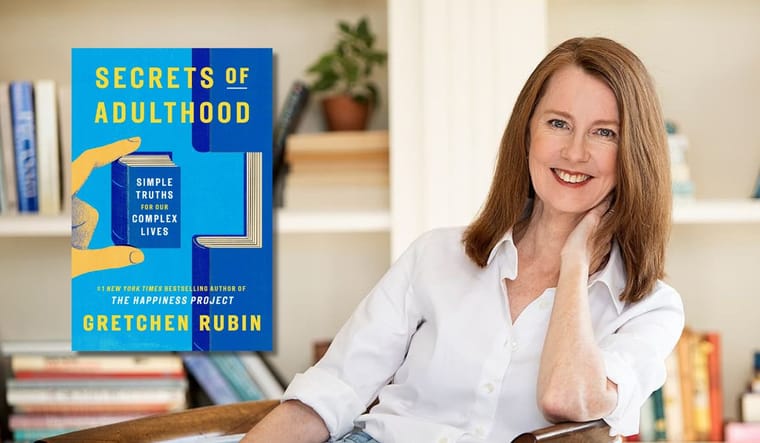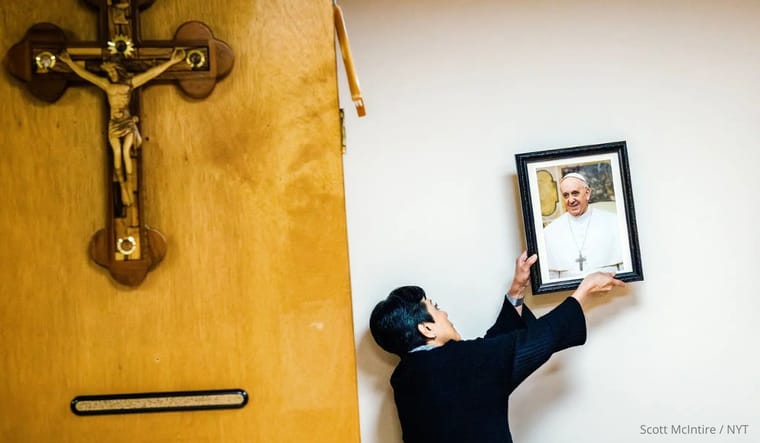Meet Our 2022 Sunday Paper Architects of Change
Here at The Sunday Paper, we believe in the power of media to do good, to be of service, and to play a role in creating a better world—one in which all of us feel safe, seen, supported, and less alone. That’s why we amplify voices above the noise and interview people who are igniting change—whether on the world stage or in their very own backyard.
As we close out this year and look ahead to 2023, we took some time to look back on the year’s biggest news—and thought about the people at the center of those events as well as those who did something to move the needle on our most pressing issues.
From the war in Ukraine and the women’s rights protests in Iran to the gun violence, attack on abortion rights, and youth mental health crisis happening in our own country, 2022 was a difficult year. Yet looking at these incredible people who are stepping up and doing something—true Architects of Change who are igniting social change and informing our global conversation—fills us with hope.
We hope you’ll read the stories of these inspiring people and feel a sense of optimism that each and every one of us can play an important role in creating a better world.
MEET OUR 2022 ARCHITECTS OF CHANGE
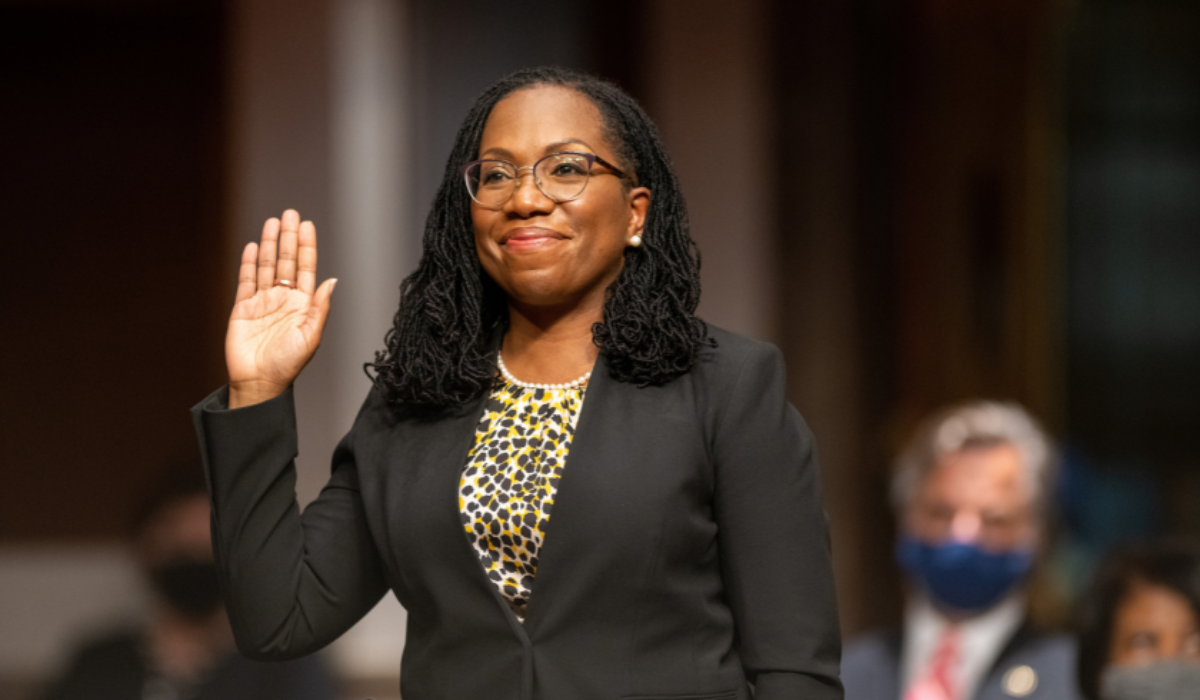
1. Ketanji Brown Jackson, the first Black woman to serve on the Supreme Court
On February 25, 2022, President Joe Biden nominated Judge Ketanji Brown Jackson to become the 116th Associate Justice of the U.S. Supreme Court. “It has taken 232 years and 115 prior appointments for a Black woman to be selected to serve on the Supreme Court of the United States,” Justice Jackson said at a White House celebration following her confirmation in April. “But we’ve made it. We’ve made it. All of us.”
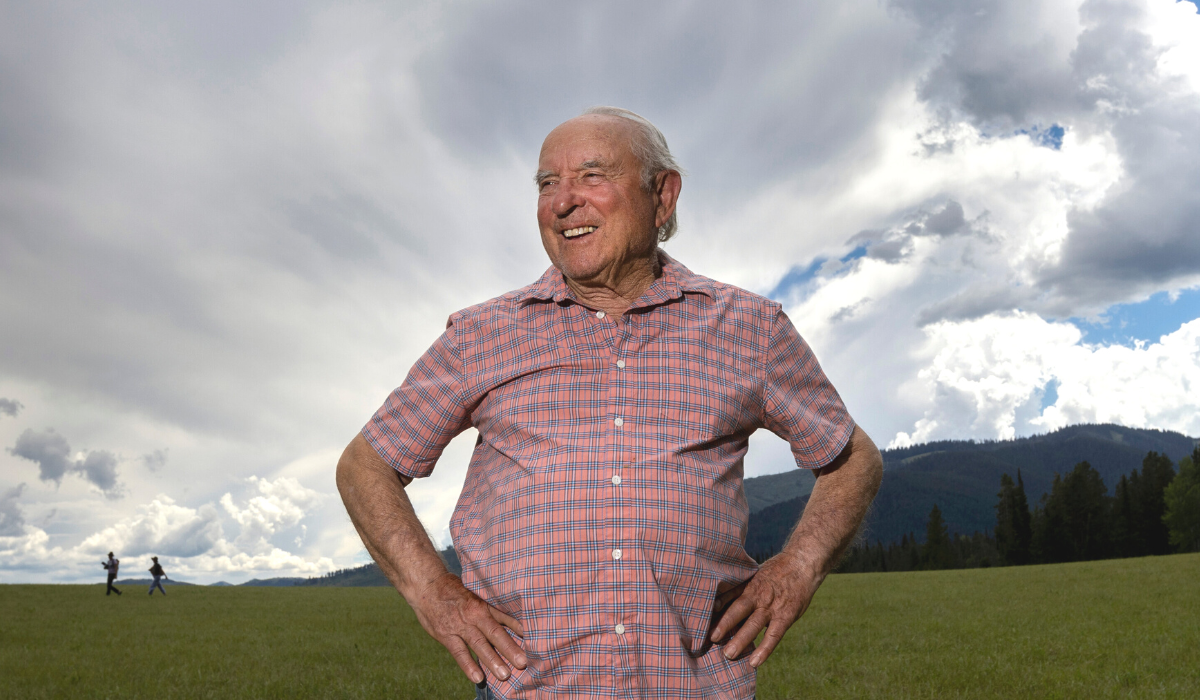
2. Yvon Chouinard, founder of Patagonia who transferred all the company’s voting stock to a trust dedicated to fighting the environmental crisis and defending nature
For decades, Patagonia—the clothing company famous for its outdoor gear—gave away 1 percent of its sales to environmental causes. In September 2022, Chouinard announced that he, along with his wife and children, had given away the $3 billion company to a trust and a nonprofit group—both of which will use the company’s $100 million or so profits a year to fight climate change. “If we have any hope of a thriving planet—much less a thriving business—50 years from now, it is going to take all of us doing what we can with the resources we have,” he explained in an open letter about his decision.
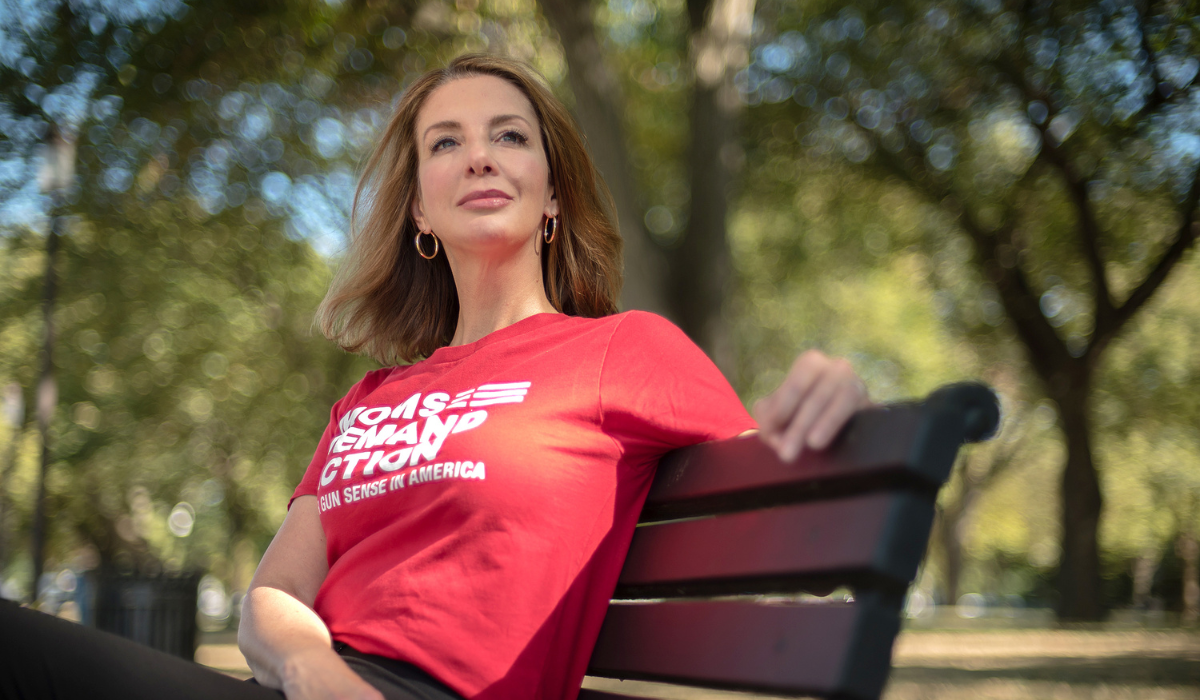
3. Shannon Watts, an American gun violence prevention activist and the founder of Moms Demand Action, the nation’s largest grassroots group fighting against gun violence
The day after the Sandy Hook School shooting, Shannon Watts created a Facebook page in her kitchen to start a conversation about how women should come together to stop gun violence. Today, 10 years later, Watts is the self-proclaimed “general” in an army of nearly 6 million supporters who work tirelessly to defeat the gun lobby and its deadly agenda, one bill at a time.
“We’ve marched in the streets, lent our woman-power to campaigns, and launched successful “momcots” to convince some of America’s biggest retailers to prohibit open carry in their stores,” Watts wrote in The Sunday Paper. “Thanks in part to our advocacy, we helped flip the U.S. House of Representatives in 2018 and we’ve successfully flipped state legislatures like Virginia’s to be gun sense majorities. And Moms Demand Action volunteers have even run for office themselves—and won.”
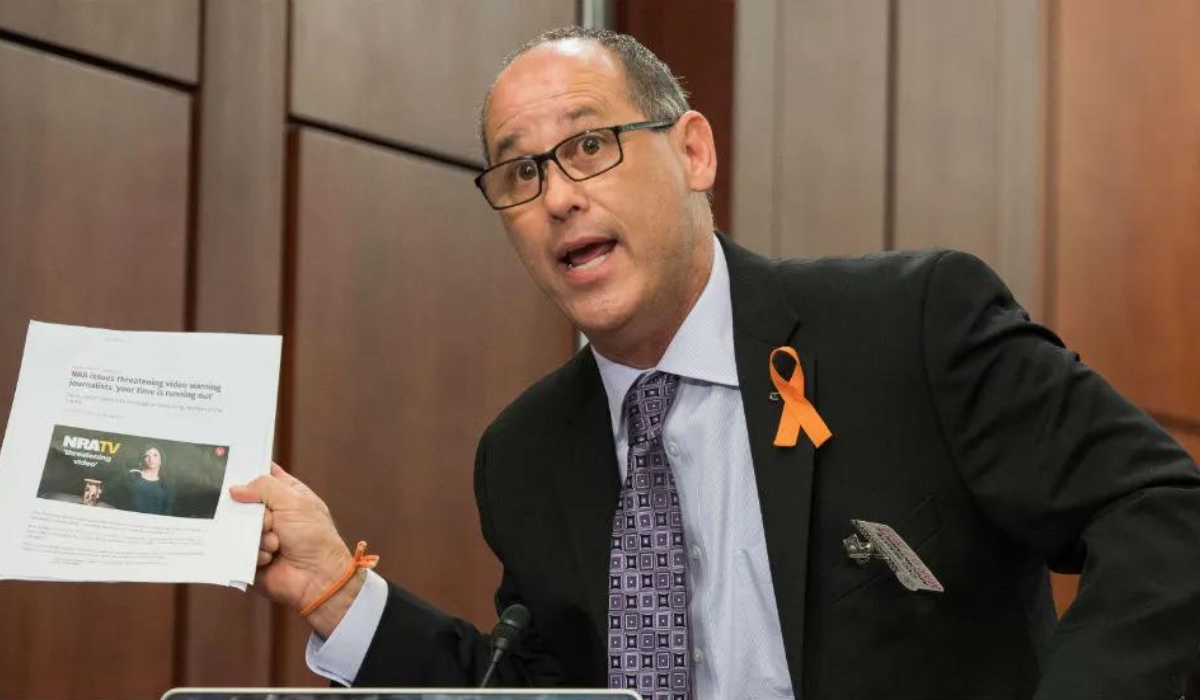
4. Fred Guttenberg, a gun violence activist and founder of Orange Ribbons For Jaime, a nonprofit that supports causes important to his daughter Jamie, who was killed in the Parkland, Florida high school shooting in 2018
The night after his daughter, Jaime, was killed in the Stoneman Douglas High School shooting on February 14, 2018, Fred Guttenberg came home and said, “I am going to break that fucking lobby.” That lobby he referred to was the National Rifle Association (NRA), and Guttenberg is still on a mission to make the organization a shell of its former self and inspire politicians to cross the aisle and work together to put an end to gun violence. “Gun violence should not be a partisan issue,” Guttenberg wrote in The Sunday Paper. “Bullets do not care if you are a Republican or Democrat. There’s nothing partisan about it. Unfortunately, the response to dealing with gun violence is partisan.” Through his advocacy and Orange Ribbons For Jaime organization, Guttenberg is proof of how one can take immense grief and use it as fuel to do good things in the world.
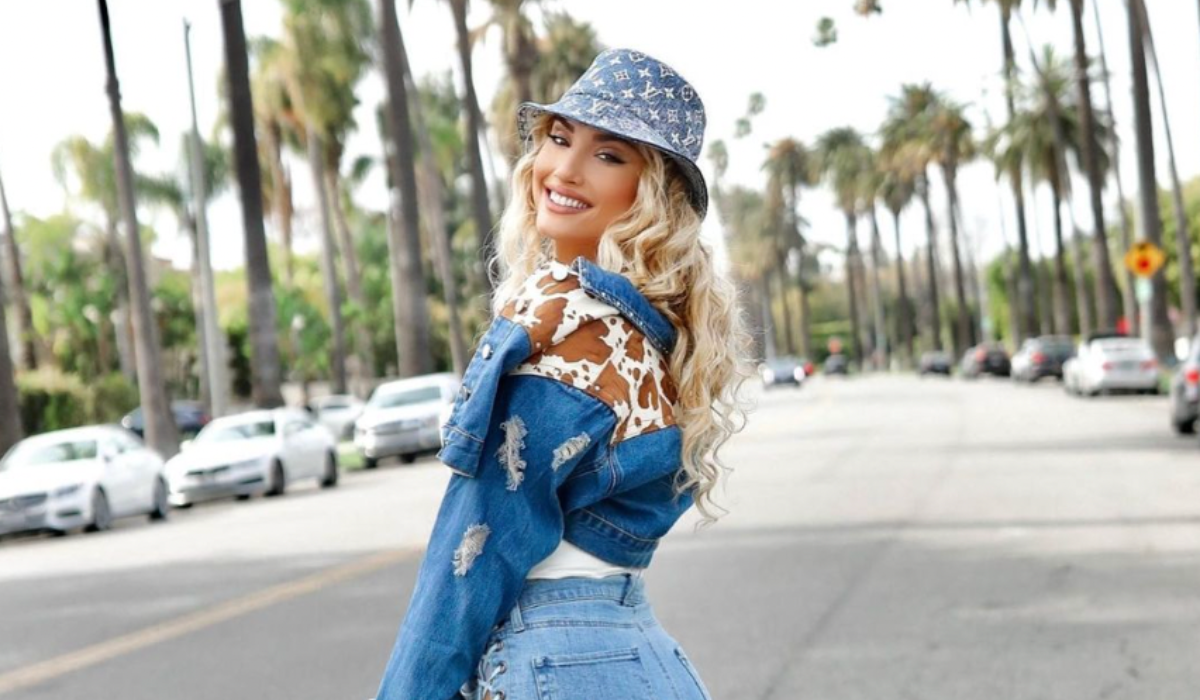
5. Montana Tucker, who is on a mission to debunk Holocaust misinformation and denial and put an end to antisemitism, one TikTok viewer at a time
Unbelievable, but true: Antisemitism and Holocaust misinformation and denial are spreading across social media like wildfire lately, and a TikTok influencer Montana Tucker is trying to do something about it. With 11.4 million followers, she’s hoping to use her platform for good and help to educate her Gen Z audience in the U.S. and around the world by retracing her grandparents’ experience during the Holocaust. In a series of 10 two-minute episodes, Tucker’s “How To: Never Forget” exploration of her own roots in an attempt to stamp out hate is an inspiring example of how a social media influencer can do so much good.
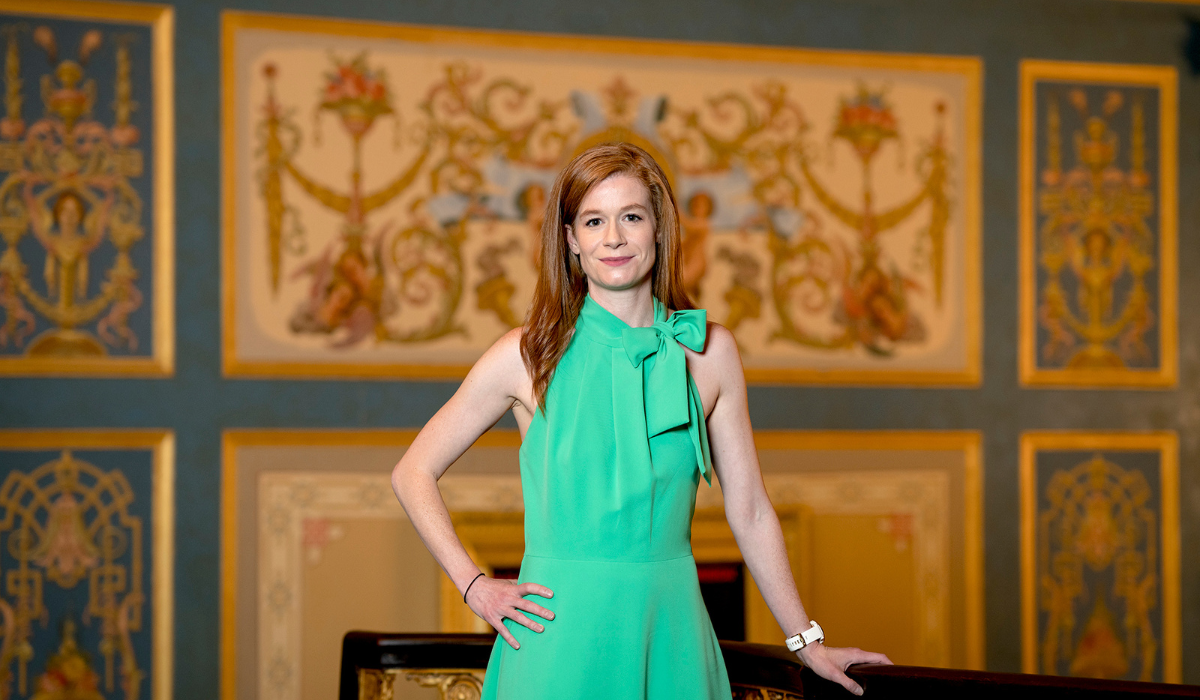
6. Mallory McMorrow, a Michigan state senator who eloquently stood up to hate in a speech that went viral
In April 2022, 36-year-old state senator Mallory McMorrow stood in the well of the Michigan state Senate building and stood up for herself in an inspiring speech that went viral. After one of her Republican colleagues accused her of wanting to “groom and sexualize” children in a fundraising email, McMorrow responded with 15 minutes of eloquent force. “I am the biggest threat to your hollow, hateful scheme,” she said, referring to her colleague and other conservatives pushing to keep conversations about race and sexuality out of schools. “Who am I?” she said. “I am a straight, white, Christian, married, suburban mom who knows that the very notion that learning about slavery or redlining or systemic racism somehow means that children are being taught to feel bad or hate themselves because they are white is absolute nonsense. I want every child in this state to feel seen, heard, and supported—not marginalized and targeted because they are not straight, white, and Christian.”
To learn more about this rising star in Michigan, watch Maria’s interview with her here.
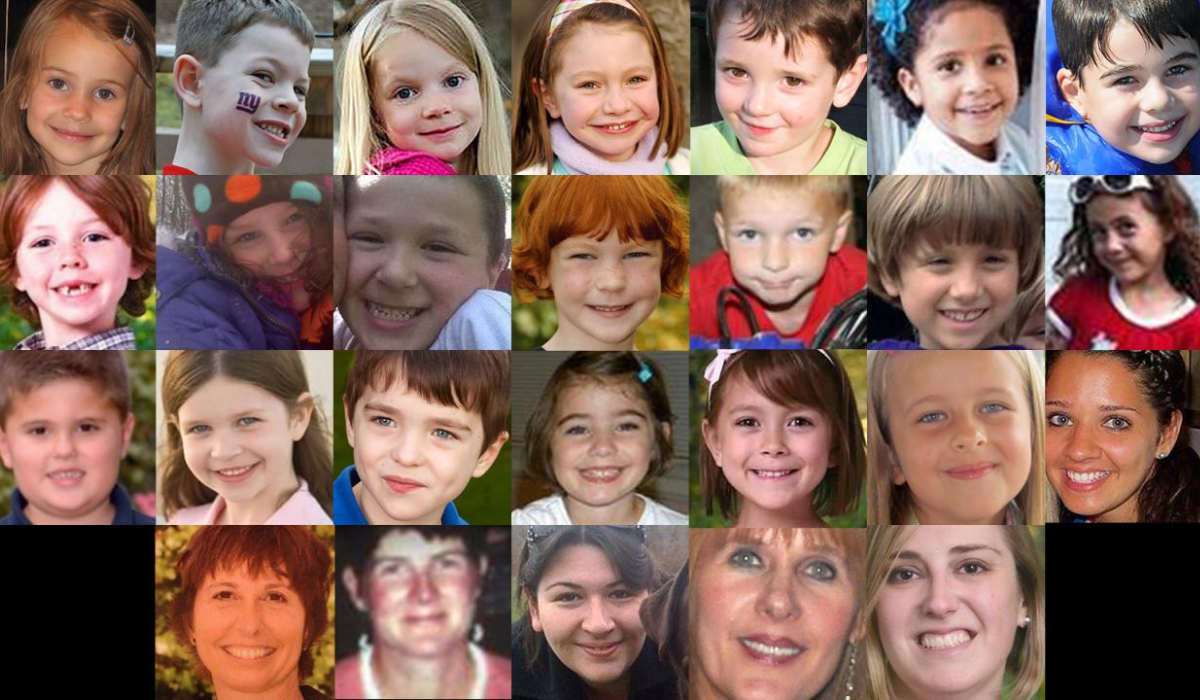
7. Sandy Hook Elementary School shooting victims’ families, who reached a $73 million settlement with the gun company that made the murder weapon and a $965 million settlement with Sandy Hook denier Alex Jones
In a lawsuit against Remington, the company that manufactured the AR-15 rifle used in the Sandy Hook elementary school shooting, nine families shared one goal: to do whatever they could to help prevent the next Sandy Hook. In February 2022, they won. “This victory should serve as a wake-up call not only to the gun industry, but also the insurance and banking companies that prop it up,” said Josh Koskoff, an attorney for the victims’ families. In October 2022, a jury said the relatives of five children and three educators killed in the mass shooting at Sandy Hook elementary school should receive a $965 million payout from conspiracy theorist Alex Jones, for his false claims that the shooting was a hoax.
We applaud these families of the victims of senseless gun violence for their courage in re-opening their wounds to stand up for what’s right—and making a massive difference along the way.
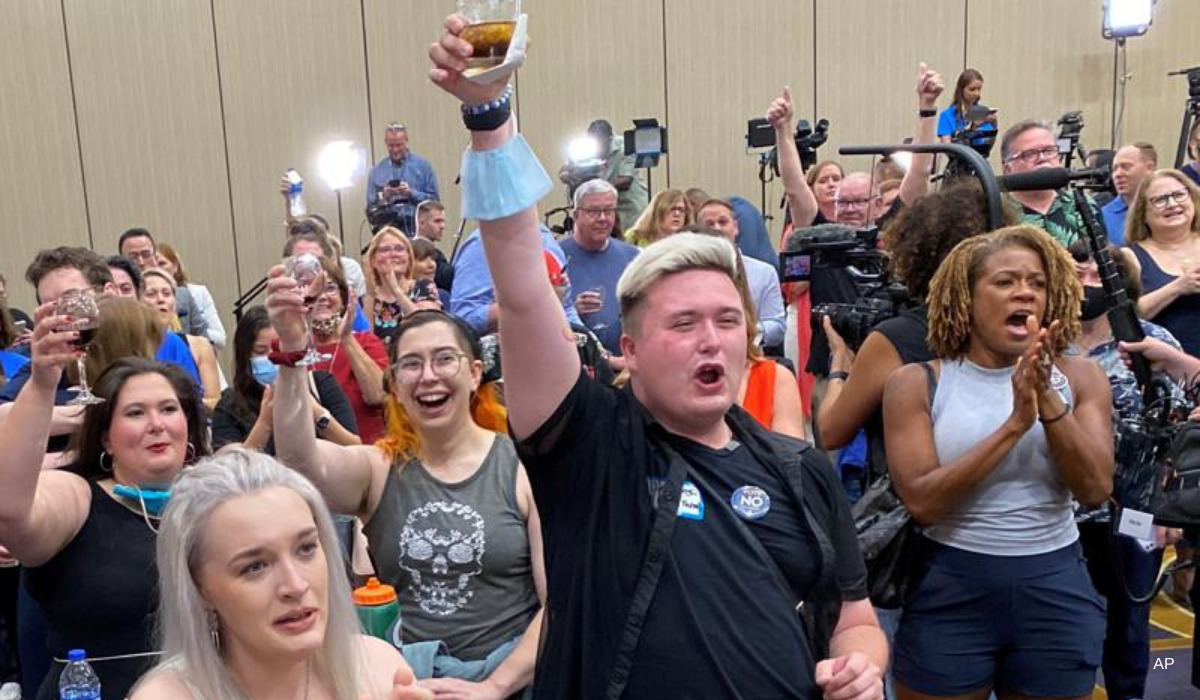
8. The people of Kansas, for working together to achieve a sweeping victory for abortion rights in the state
Kansas was the first state to vote on abortion rights since the U.S. Supreme Court handed down its ruling to overturn Roe v. Wade in its Dobbs v. Jackson’s Women’s Health Organization—and the people came out in full force with a decisive vote: They rejected a proposed state constitutional amendment that would have said there was no right to an abortion in the state. “The people of Kansas have spoken,” said Rachel Sweet, campaign manager for the main abortion rights group who opposed the amendment, Kansas For Constitutional Freedom. “They think that abortion should be safe, legal, and accessible in the state of Kansas.”
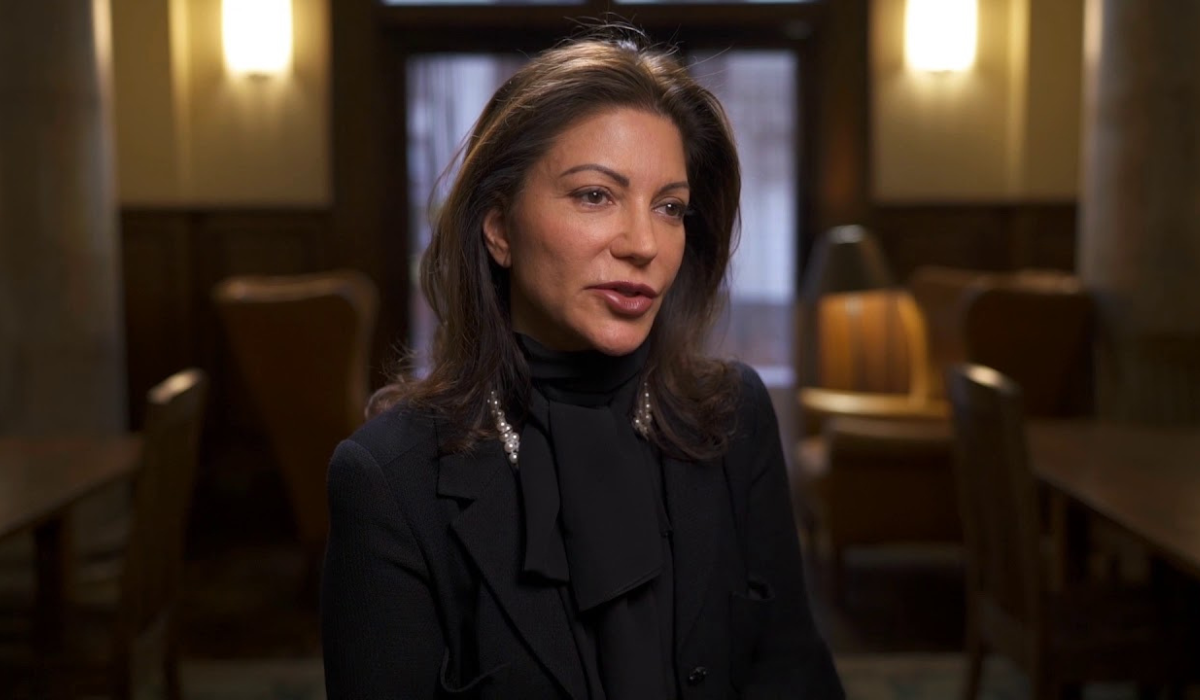
9. The women of Iran and activist Nina Ansary, for her work helping spread the word about the fight
After the death of Mahsa Amini, a 22-year-old woman who was arrested and brutally beaten by Iran’s morality police for improper veiling, Iranian women began flooding the streets in protest and demanding justice for Amini’s death. As Nina Ansary, PhD, told The Sunday Paper, “Iranians are suffering. They have reached their limit and want change from a regime whose legacy—to date—has been 43 years of egregious human rights violations, including gender apartheid and the persecution of religious minorities.” Dr. Ansary has been vocal about how all of us can fight for and amplify the women and people of Iran: “Anyone who has a platform—influencers, journalists, activists—and can continue to raise awareness and give a voice to the people of Iran would be greatly appreciated. We also need more world leaders as well as women in leadership positions to show their solidarity. Furthermore, the global outrage in support of the women and people of Iran needs to be followed by specific action from the international community…”
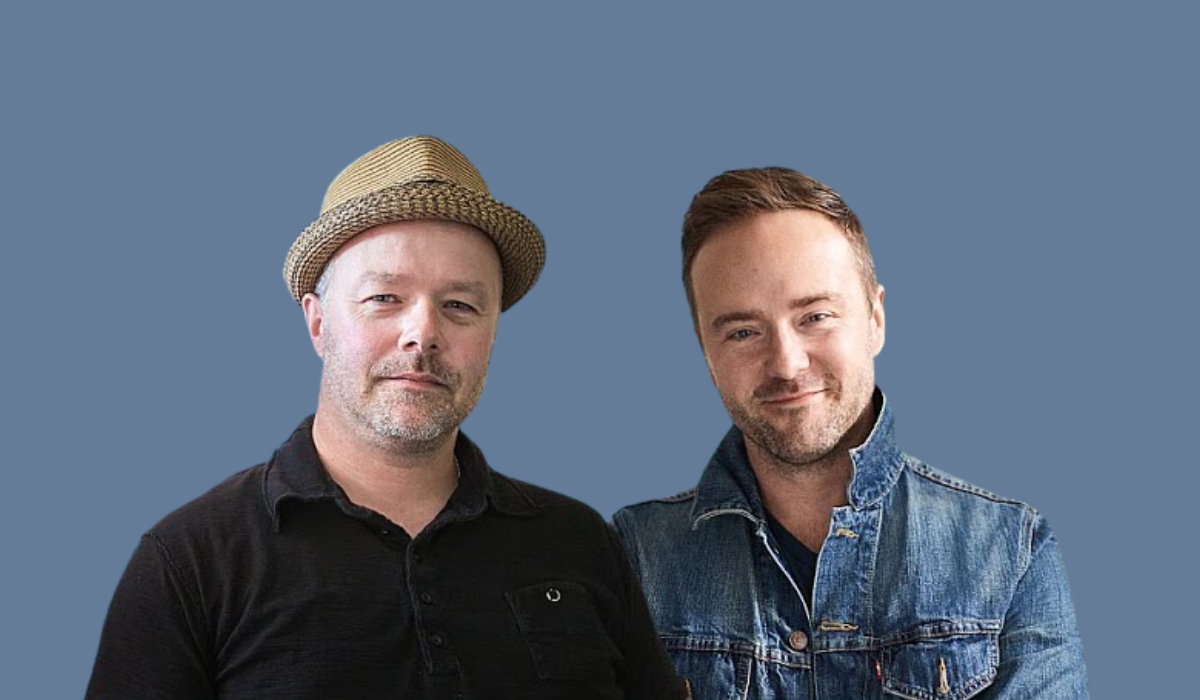
10. Erik Ewers and Christopher Loren Ewers, co-directors of Hiding in Plain Sight who are raising awareness about the mental health crisis among our nation’s youth
Our collective mental health crisis has reached new levels, yet sadly, our struggles still exist in secret and are all too often endured in isolation. While the issues surrounding mental illness and its causes are complex, the most crucial step is to start talking about it—something brothers Erik Ewers and Christopher Loren Ewers are helping millions do thanks to their two-part documentary, Hiding in Plain Sight. “The critical need for relatability is one of the most important things when it comes to getting on your path to wellness,” Erik told The Sunday Paper. “We realized if we did it right, this film could help reduce the stigma around mental illness,” added Chris. In making this documentary, the Ewers brothers have given all of us an intimate look at what it’s like to experience the symptoms of mental illness—and the hope is that children and young adults who are struggling may see themselves in one of the stories and ask for help before it’s too late.
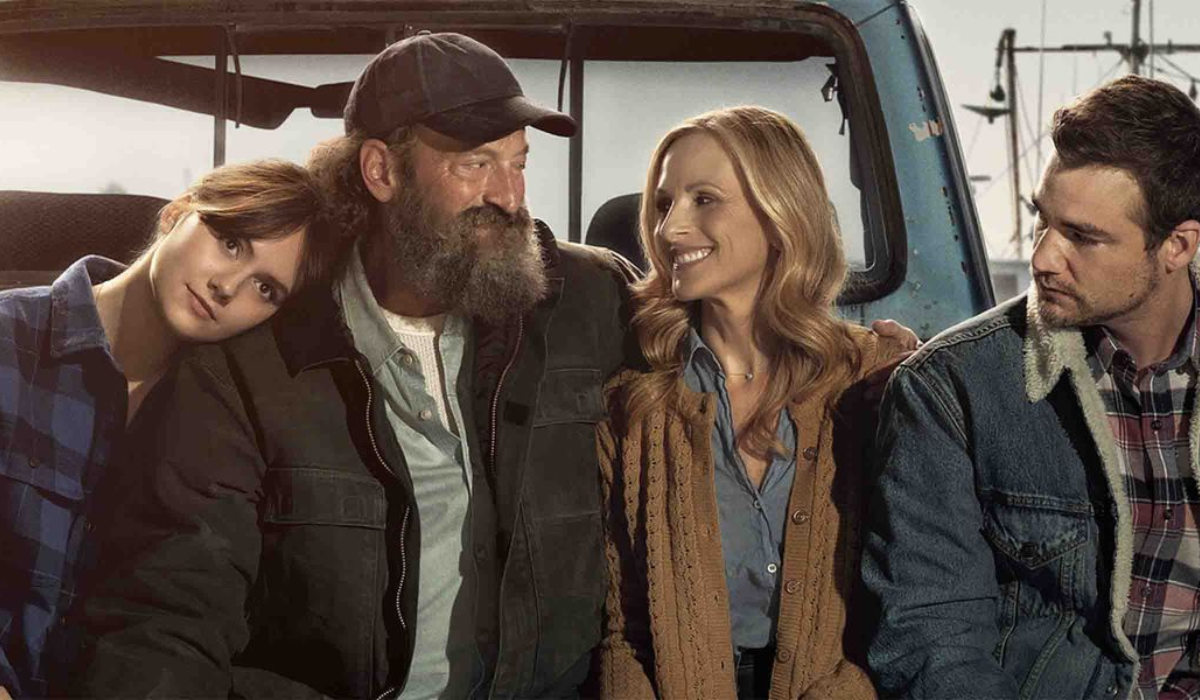
11. Marlee Matlin and the cast of CODA
When we saw the film CODA, it was clear that we were watching not only a film brimming with love but also a groundbreaking, award-winning piece of art. Sure enough, it won big at the Oscars; even more importantly, it made massive steps for representation of the deaf community. “I don’t think we’ve ever seen three authentic deaf actors carrying a film like we do in this movie,” Oscar-winning actor Marlee Matlin told Maria and Hoda on TODAY. “Hopefully it will be this way forever.” We hope so too—and if CODA’s success is any harbinger of this being true, it is looking good.
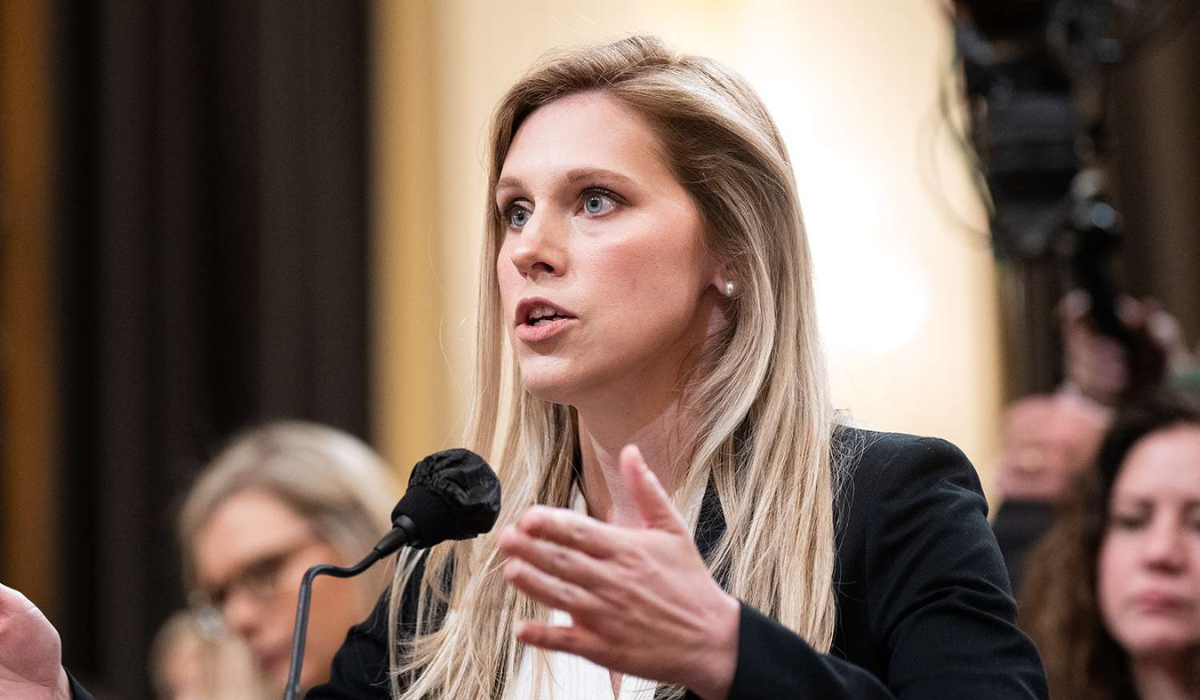
12. Officer Caroline Edwards, the U.S. Capitol Police Officer who testified at the January 6th Committee Hearings in June
During this year’s January 6 hearings, a number of heroes thrust themselves into the national spotlight in an effort to help the truth come to light. Caroline Edwards was one of those heroes. She told the House January 6 committee that after she hit her head during a clash with the insurrectionists, “adrenaline kicked in” and she ran back into the mayhem. “I can just remember my breath catching in my throat because what I saw was just a war scene,” she said. “I couldn’t believe my eyes: There were officers on the ground. They were bleeding. They were throwing up. It was carnage.” Edwards also said something that made her a true Architect of Change in our eyes: She described taking pride in her job to “protect America’s symbol of democracy.”
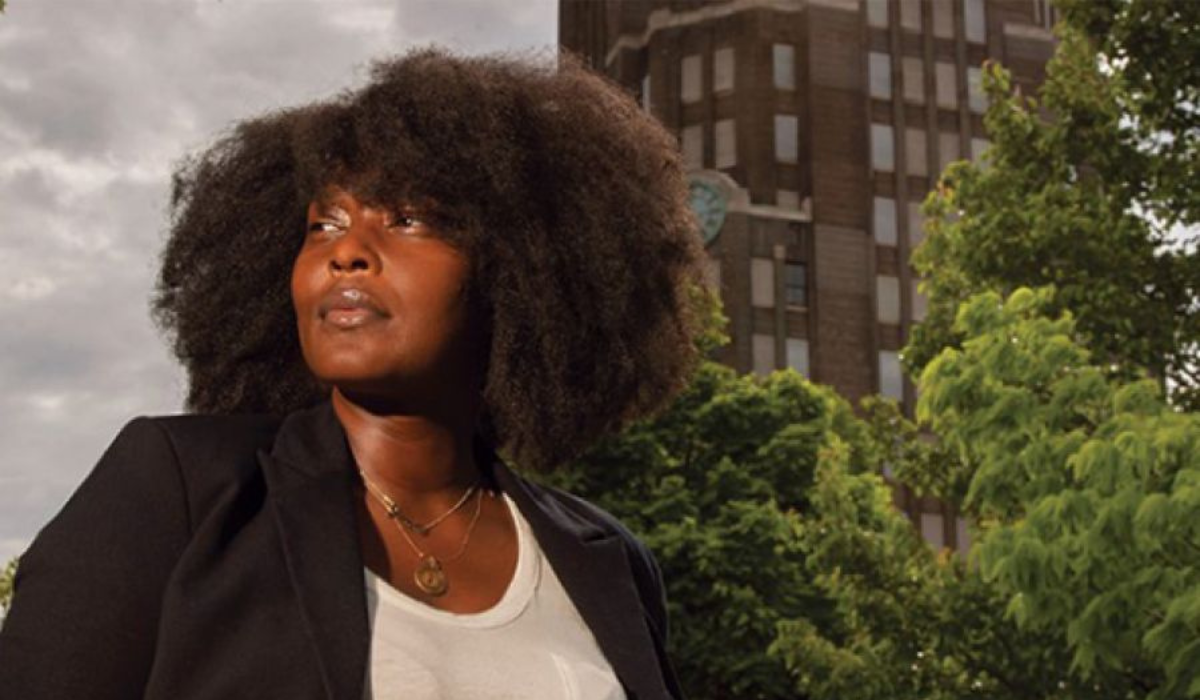
13. Zeneta Everhart, mother of a survivor of the Tops Grocery store mass shooting in Buffalo, New York, who testified to Congress during a hearing on the gun violence epidemic
In May, yet another mass shooting happened at a grocery store in Buffalo, NY, killing 10 Black people in a racially motivated attack. Zeneta Everhart’s son, Zaire Goodman, was shot in the neck—and within days of the shooting, Everhart traveled to Washington DC to implore members of the House Oversight Committee to act on gun control measures. “If after hearing from me and the other people testifying here today does not move you to act on gun laws, I invite you to my home to help me clean Zaire’s wounds so that you may see up close the damage that has been caused to my son and my community,” she said. The way Everhart turned her outrage and anger into fuel for action is inspiring and admirable—her call to action is one that will hopefully move all of us to do something.
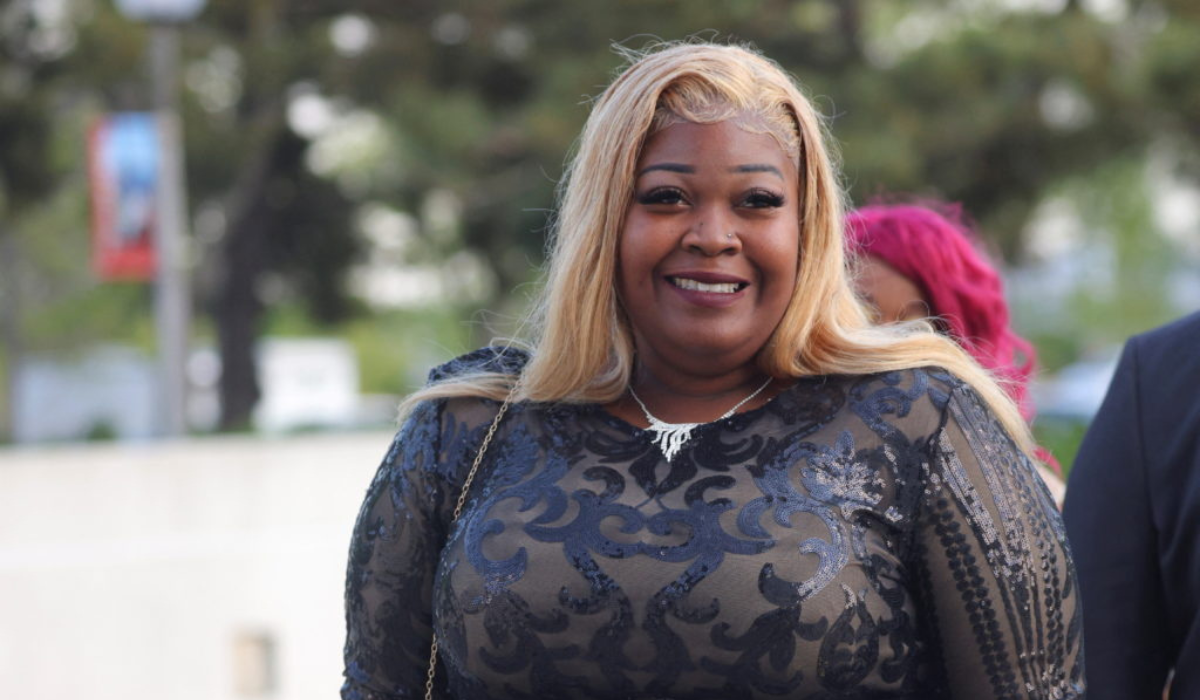
14. Wandrea’ “Shaye” Moss—and poll workers around the country
Following the 2020 presidential election, Shaye Moss became the target of a smear campaign by Donald Trump. She was falsely accused of processing fake votes in favor of President Biden, and was singled out by the former president—something that led Moss and her family to receive death threats. Yet despite this terrifying time and the lies that put her safety in danger, Moss continued to act with integrity to complete the important work of ensuring fair and honest elections. Shaye Moss is a wonderful example and reminder of the importance of elections and the important work of our election officials. In the opening of her speech, Moss says, "I'm not used to giving speeches, I'm used to quietly doing my job." This opening line was met with a round of applause, and reminds us that oftentimes, some of the most important work of democracy is happening in the background. We're grateful for the reminder that Shaye's honorable work provides: our election workers are helping to move humanity forward.
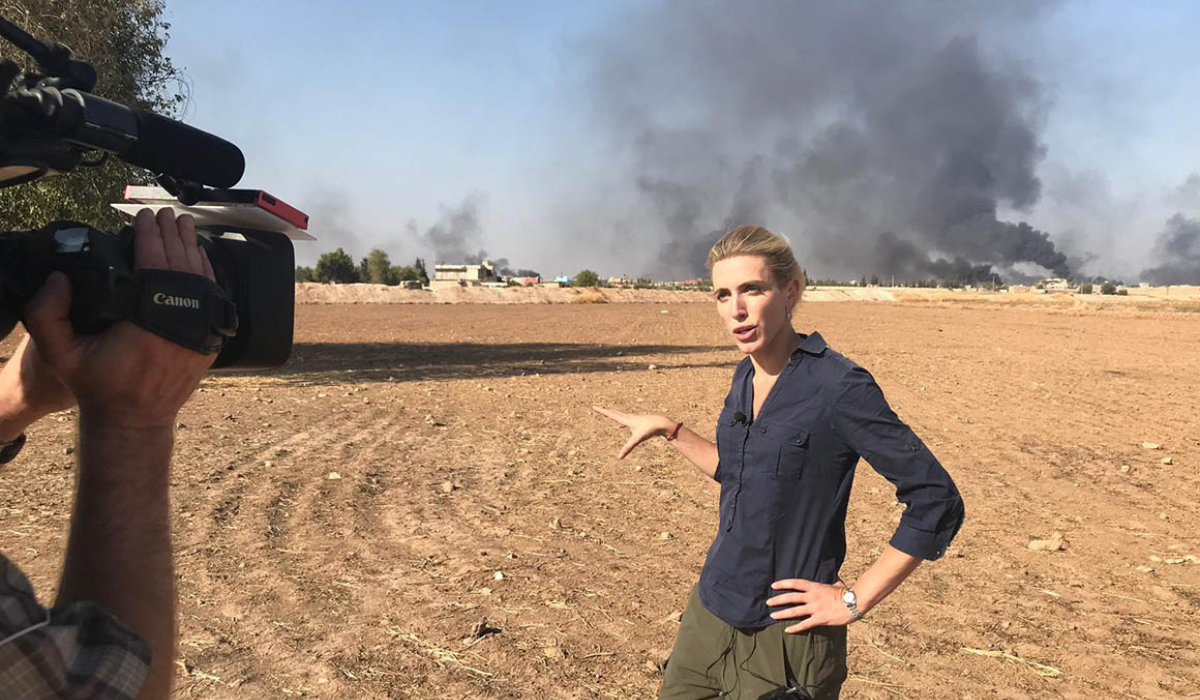
15. Clarissa Ward, veteran journalist and CNN’s senior international correspondent who is on a mission to tell the stories of everyday Ukrainians
It is said that truth is the first casualty of war—which means war zone journalists play an indispensable role on the front lines, making sure the world knows what’s really happening. After Russia’s invasion of Ukraine, Clarissa Ward was among the group of journalists covering what was happening at great risk to herself. After witnessing first-hand how civilians took up arms to rise to the threat of Russian soldiers with unity and grit, Ward knew she had to tell their stories. And when she sat down with Maria to talk about her mission, we knew we were witnessing a true Architect of Change in action.
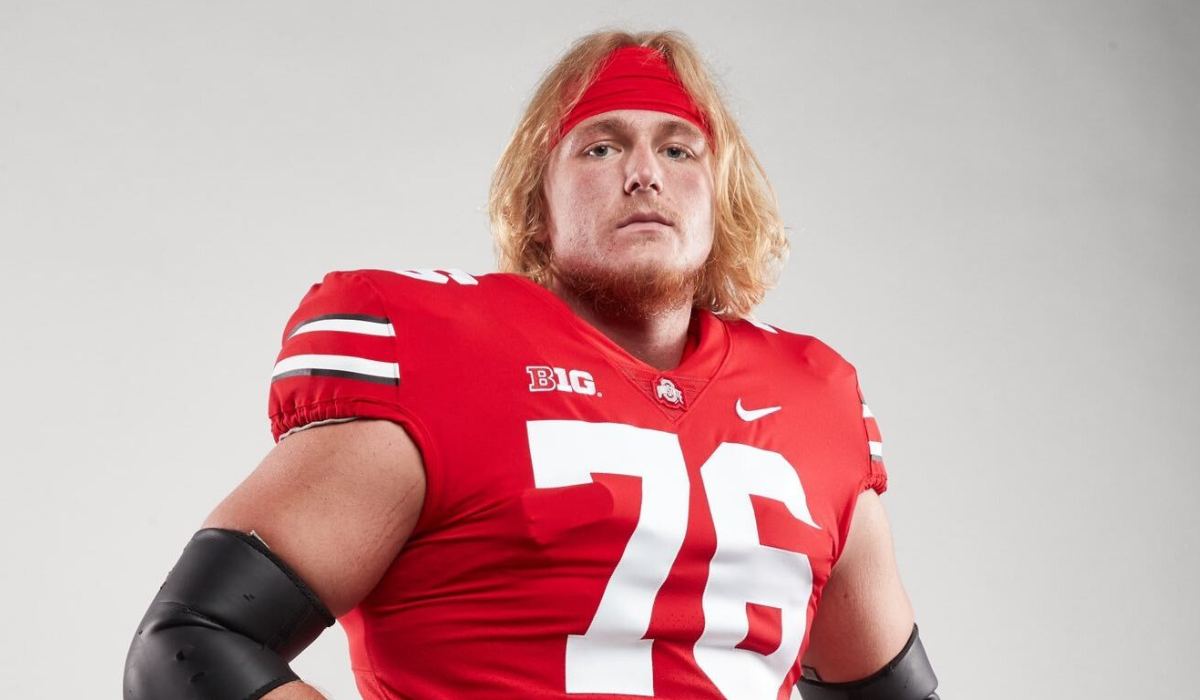
16. Harry Miller, OSU Star Lineman who opened up about his struggle with depression and anxiety
For many of us, Harrison Miller’s tears said everything we struggle to say. When the Ohio State star lineman and mechanical engineering student wrote an open letter on social media announcing he was “medically retiring” from playing football, he got vulnerable. He shared his suicidal intentions, the struggles he faced, and the societal stigma that surrounds open discussions about mental health. It was a rallying cry to speak up and out. “Maybe I can vouch for all the people who hurt but are not taken seriously because, for some reason, pain must have prerequisites,” wrote Miller. When we asked Miller about his raw honesty, he told The Sunday Paper he believes humanity can become more “resiliently tender”—something he hopes his outspokenness will bring about.
Question from the Editor: If you were to nominate an Architect of Change who moved humanity forward in 2022, who would it be? Whether it’s someone on the world stage—or someone in your own little neighborhood—who deserves this recognition?
Please note that we may receive affiliate commissions from the sales of linked products.


